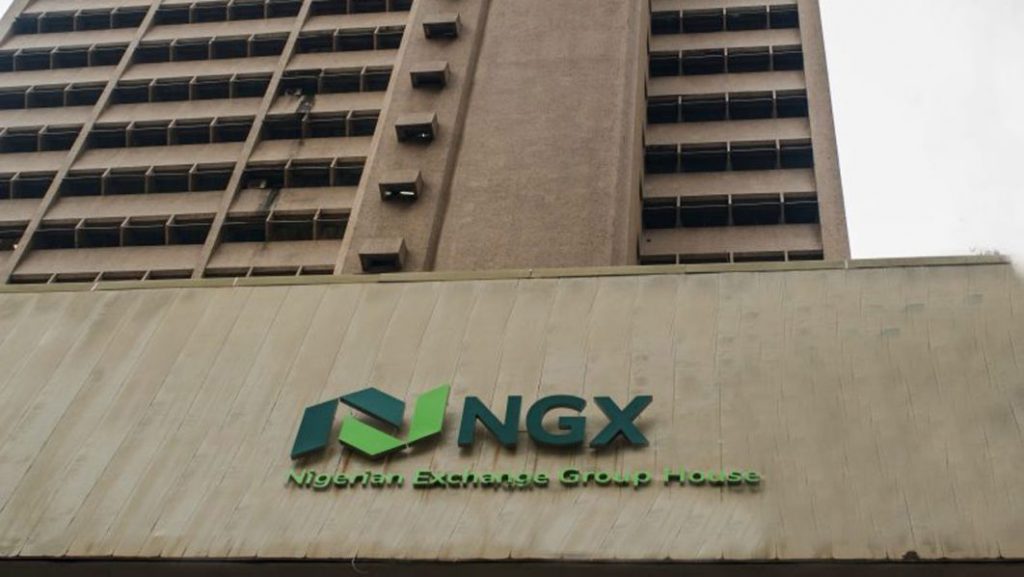Paragraph 1: Market Reaction to the Nigerian Insurance Industry Reform Act 2025
The Nigerian stock market reacted swiftly and positively to President Bola Tinubu’s assent to the Nigerian Insurance Industry Reform Act (NIIRA) 2025. Trading volume in insurance stocks surged by an impressive 299.15% on the Nigerian Exchange Limited (NGX) the day following the presidential assent. This dramatic increase, from 471,844,042 to 1,883,381,971, clearly demonstrates investor confidence and anticipation of positive changes within the insurance sector. While trading volume soared, the number of trades actually decreased by 55.29%, suggesting larger block trades and potentially institutional investor activity driven by the new legislation. This immediate market response underscores the significance of the NIIRA 2025 and its potential to reshape the Nigerian insurance landscape.
Paragraph 2: Positive Stock Performance Across the Insurance Sector
The positive market sentiment was reflected in the performance of individual insurance stocks. A significant majority, 16 out of the listed insurance companies on the NGX, experienced price appreciation. Leading the gains were AXA Mansard, Mutual Benefits, and NEM Insurance, all hitting the daily maximum gain of 10%. Other insurers also saw substantial increases, with Guinea Insurance and Regency Assurance Plc registering the lowest gains at 9.28%. This broad-based rally highlights the market’s optimistic outlook for the entire sector, anticipating the benefits that the NIIRA 2025 is expected to deliver. The gains suggest that investors believe the new regulations will create a more robust and attractive investment environment for insurance companies.
Paragraph 3: Key Provisions of the NIIRA 2025 and Their Implications
The NIIRA 2025 represents a significant overhaul of the Nigerian insurance industry, consolidating and modernizing existing legislation. The Act introduces crucial measures designed to strengthen the sector, enhance consumer protection, and promote growth. Key provisions include stricter capital requirements for insurance operators, bolstering their financial stability and resilience. Mandatory insurance policies are also emphasized, broadening insurance penetration and protecting consumers. The Act also embraces digitization, aiming to improve market efficiency and accessibility for consumers. Furthermore, it tackles the persistent issue of delayed claims settlements, promoting prompt and fair compensation for policyholders. Crucially, the establishment of dedicated policyholder protection funds, particularly in cases of insolvency, provides an additional layer of security for consumers. Finally, the Act encourages greater participation in regional insurance schemes, including the ECOWAS Brown Card System, fostering cross-border insurance cooperation.
Paragraph 4: Anticipated Industry Restructuring and Consolidation
Analysts had foreseen the positive market reaction and the potential for significant industry restructuring as a result of the NIIRA 2025. Experts, such as those at CardinalStone, predict that the increased capital requirements will likely challenge smaller players in the fragmented Nigerian insurance market. This pressure could lead to a wave of mergers and acquisitions, as smaller companies seek to consolidate and meet the new capital thresholds. This consolidation is expected to create stronger, more competitive insurance entities, ultimately benefiting consumers through better service and greater financial security. The stricter regulations, while potentially challenging in the short term, are viewed as laying the foundation for a more robust and sustainable insurance sector in the long run.
Paragraph 5: Implementation Timeline and Regulatory Guidance
The NIIRA 2025 mandates compliance with the new capital requirements within 12 months of the law’s commencement. However, the industry awaits further guidance from regulators regarding specific implementation timelines, the definition of qualifying capital, and any transitional provisions that may be put in place. Clarity on these aspects is crucial for insurance companies to effectively plan and execute their strategies for compliance. The regulatory guidance will shape the pace and nature of industry consolidation and determine the overall impact of the reforms on the insurance landscape. The market will closely monitor these developments to assess the effectiveness of the new regulations and their impact on investment opportunities.
Paragraph 6: Alignment with Broader Economic Goals
The NIIRA 2025 is not an isolated initiative but rather a component of the government’s broader economic agenda. It aligns with the ambitious goal of growing the Nigerian economy to $1 trillion by 2030. The Act complements other recent reforms, such as the banking sector recapitalization, the revised Investment and Securities Act, and the 2025 Tax Act. These initiatives collectively aim to create a more stable, transparent, and attractive investment climate, fostering economic growth and development. By strengthening the insurance sector, the NIIRA 2025 contributes to this overarching objective, providing a vital safety net for businesses and individuals, and promoting greater confidence in the Nigerian economy.














